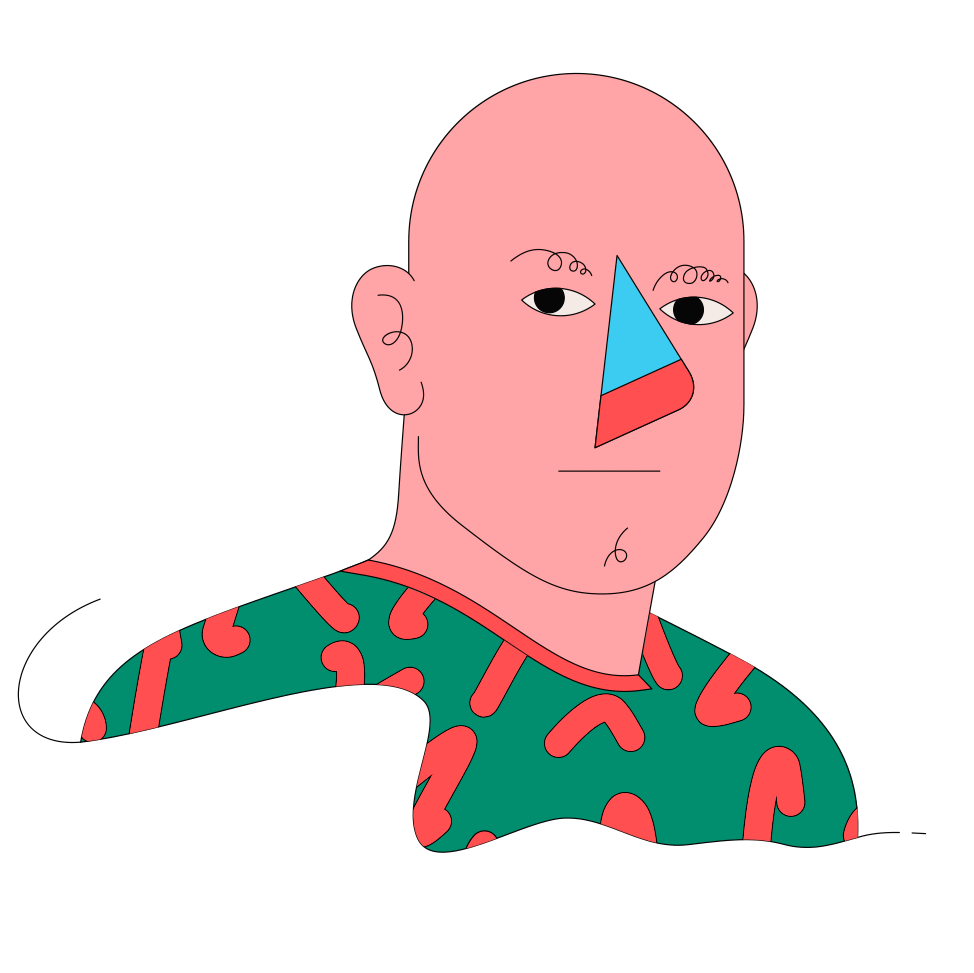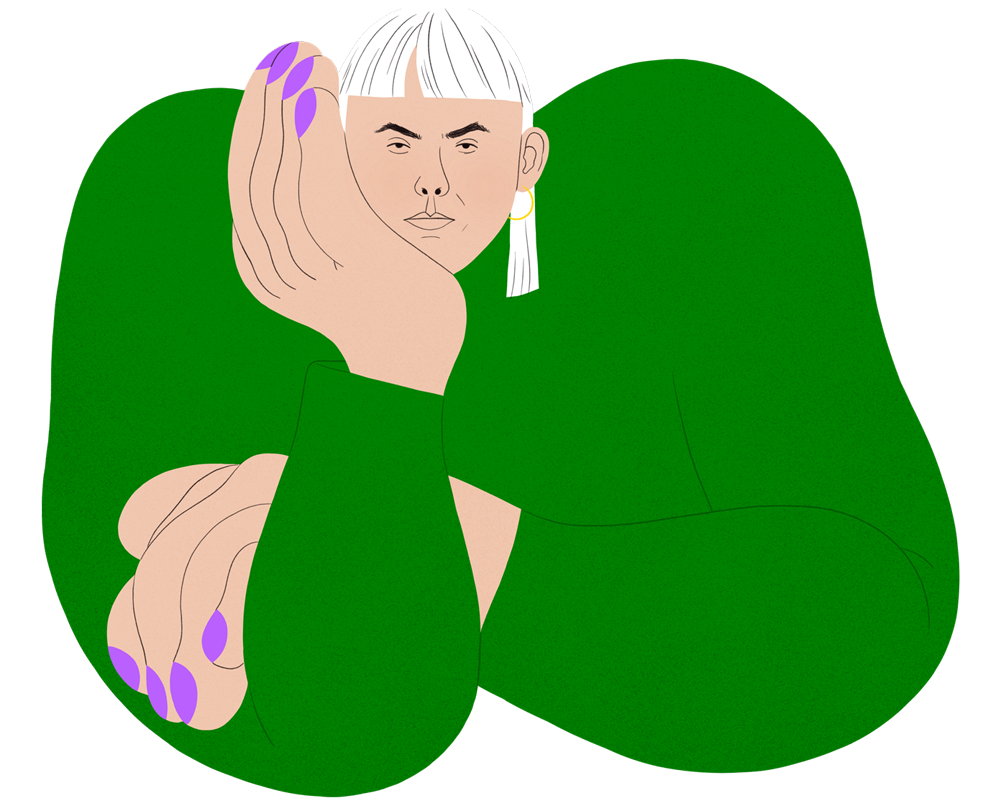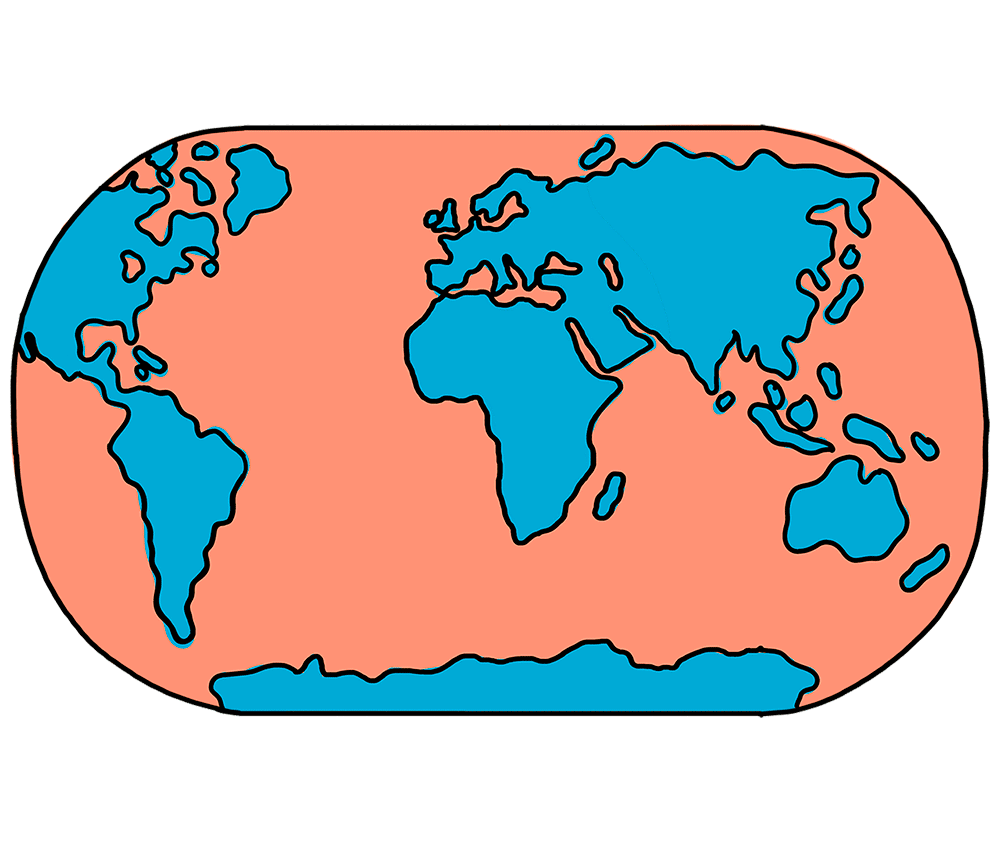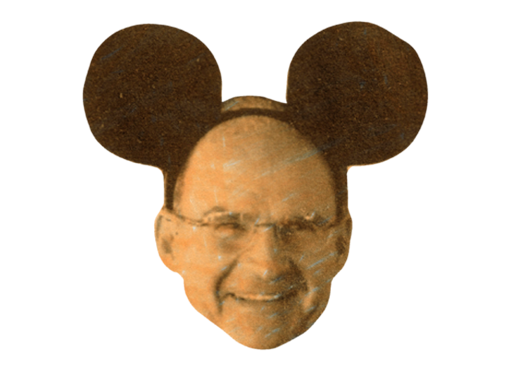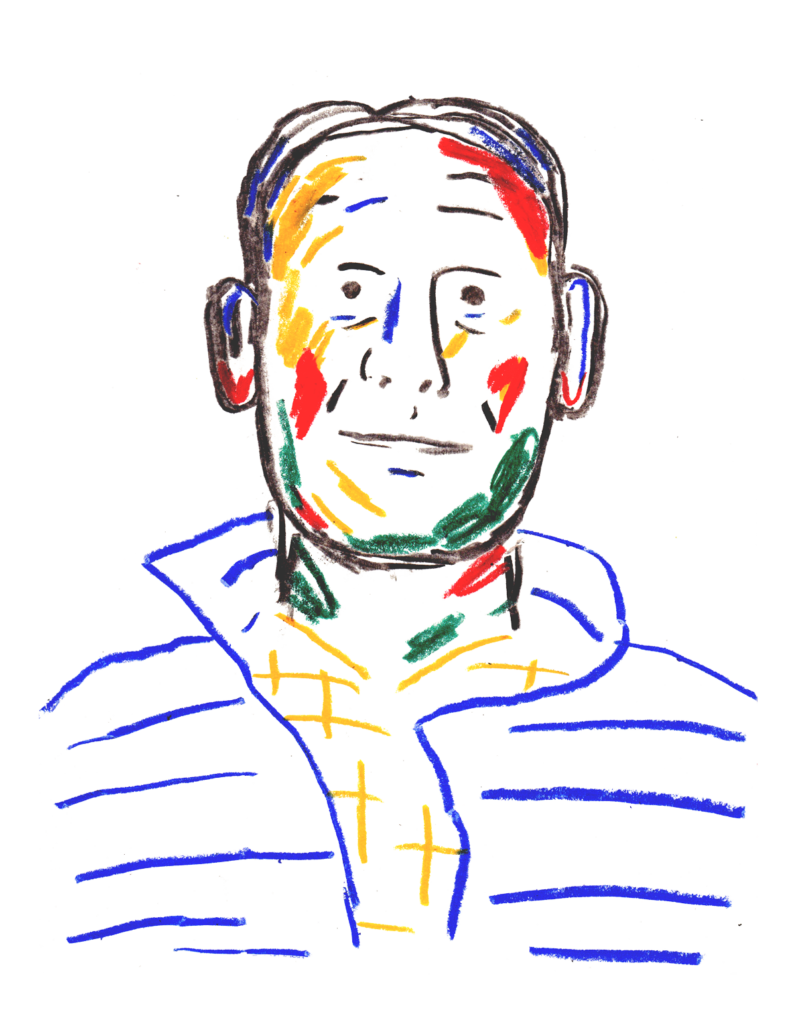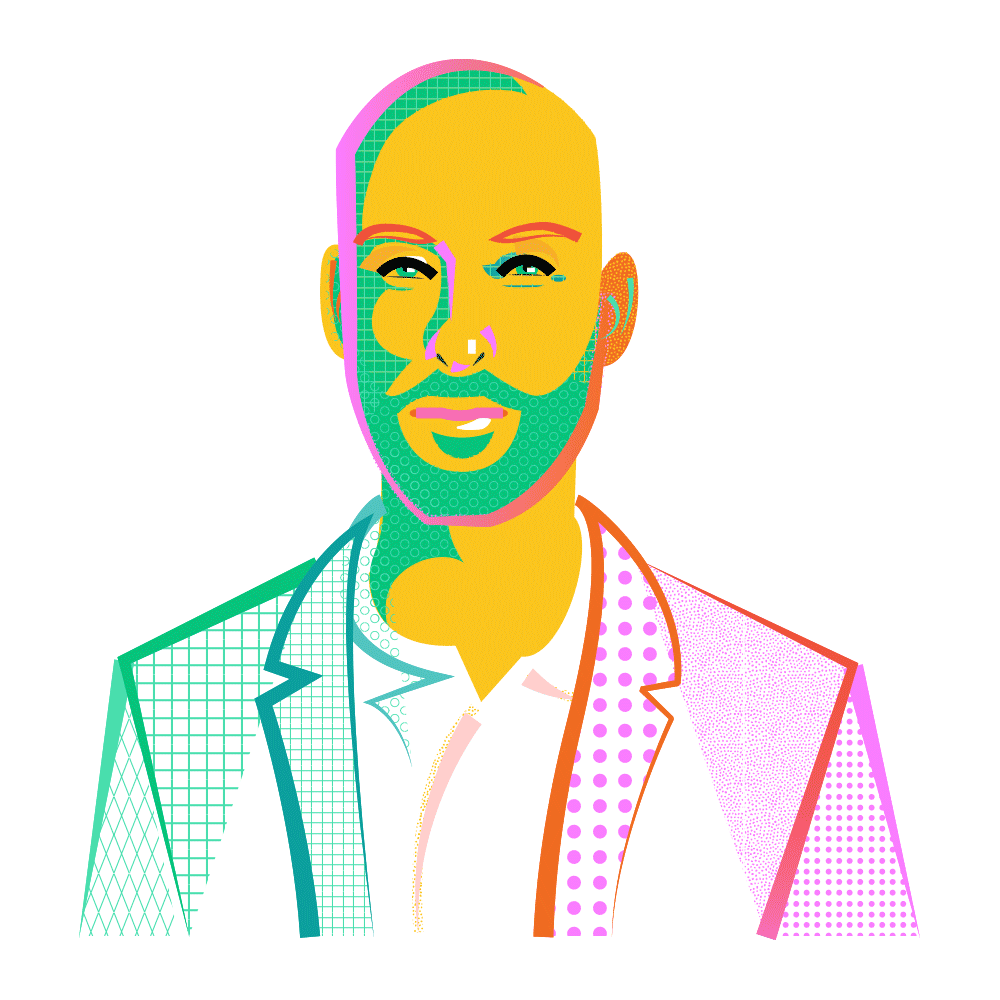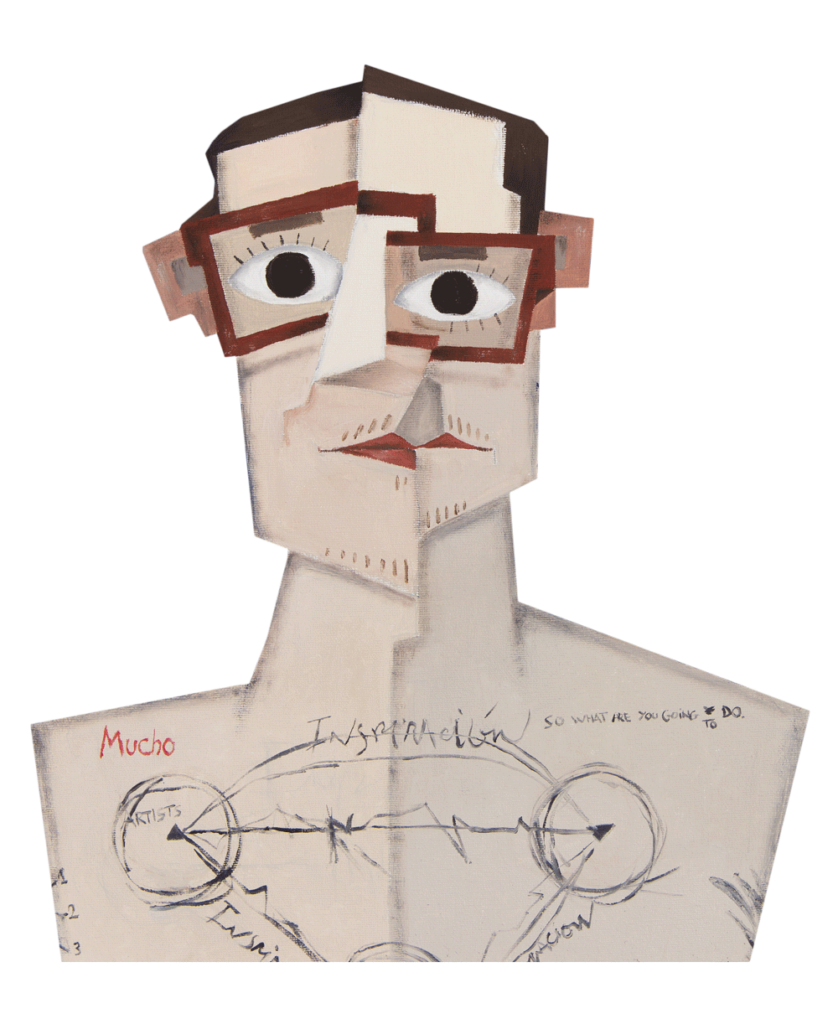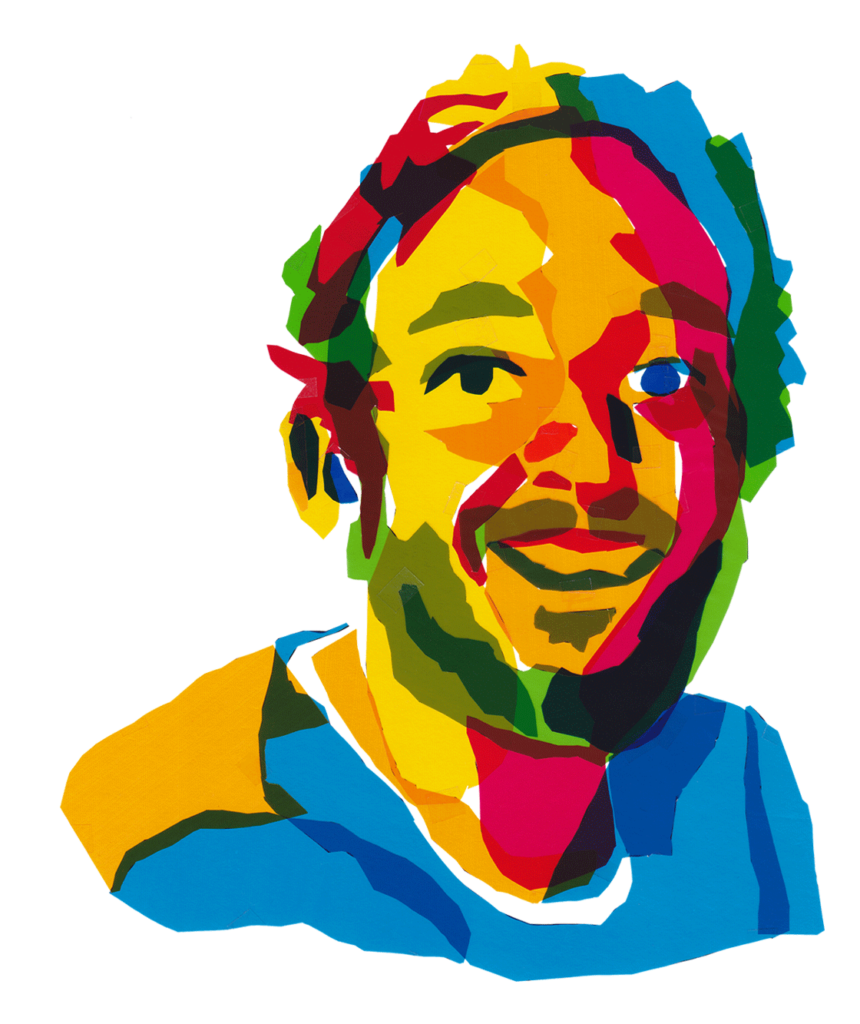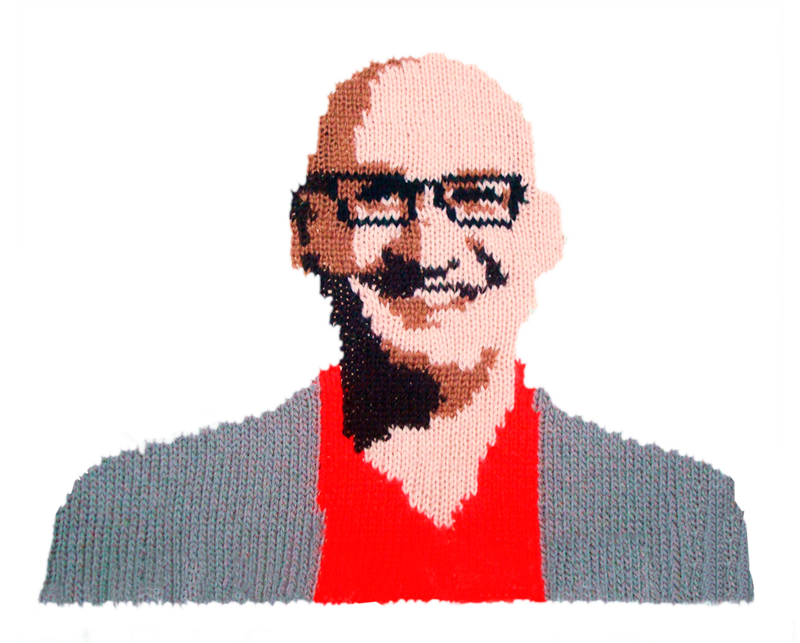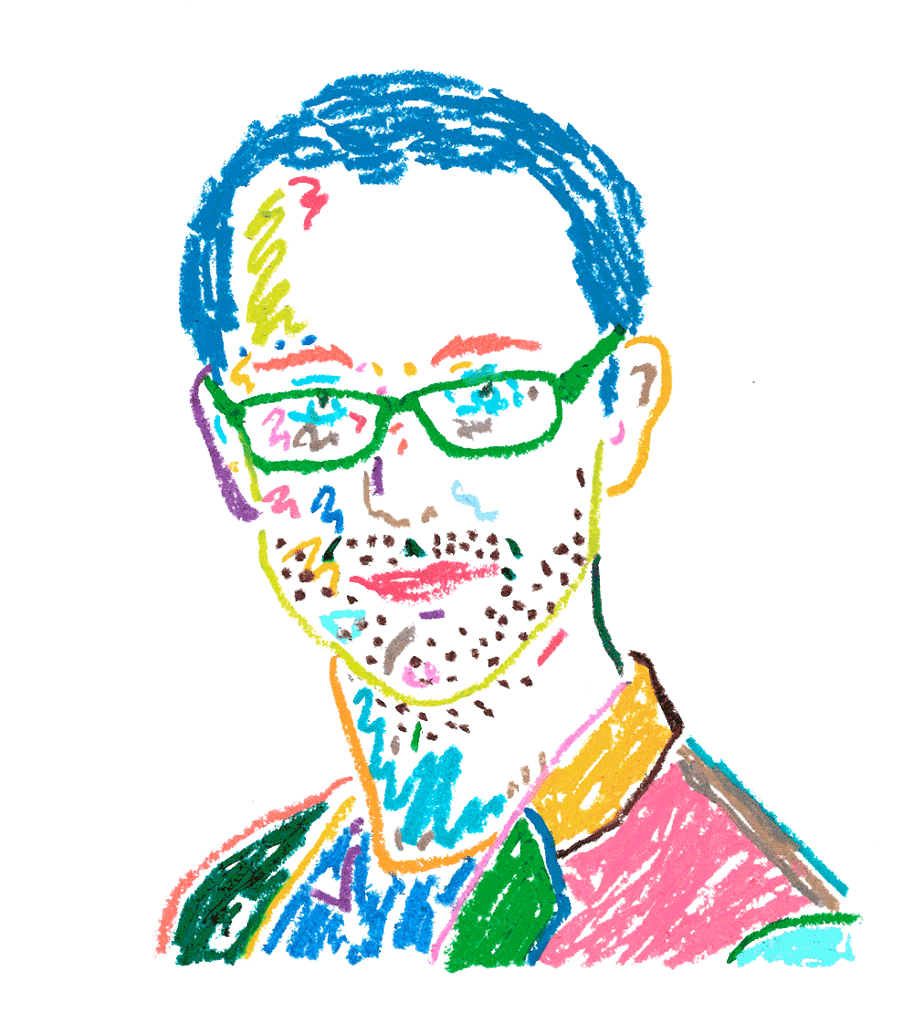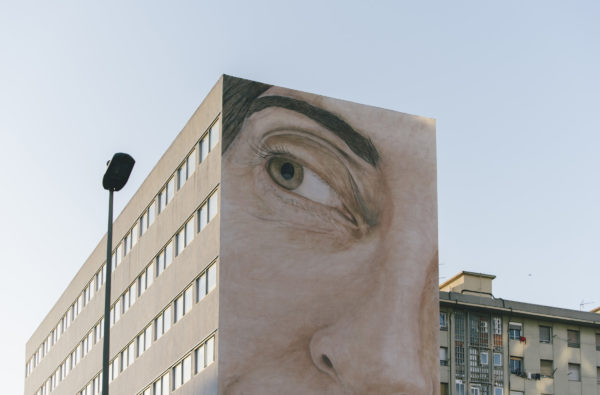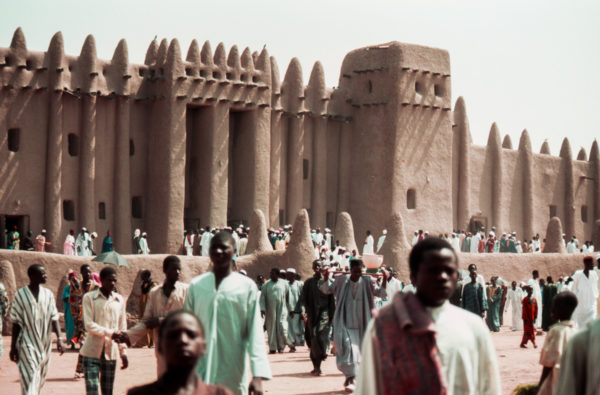Is a city its population? The territory it occupies? Is a nation its institutions, its symbols, its flag, colours or anthems? All these things are liquid. Populations change and are replaced. Institutions come and go, borders have constantly shifted throughout history, and symbols are replaced by new symbols. Together with Natasha Grand —the founder of the London-based firm Institute for Identity— we talk the future of cities, the real meaning of identity, and the role of place branding as a tool that doesn’t just represent a place on the outside, but can also give a sense of purpose and direction to a city on the inside.
What does identity mean?
The thing that’s crucial to understand is that identity is a deliberate act —you choose to belong. Some people may choose not to belong and they either physically move out or they just don’t get involved. And they have every right to do so. It is a very civic concept, it’s not an ethnic or blood related concept: identity is a set of values, which you either identify with or not. Every person in a way is an expression of it, like a drop in the ocean. The drop is the same as the ocean in that sense.
What makes people belong and how do you make sure that people who live in very different economic circumstances can all feel that the city is theirs?
People belong to different things. They belong to families, they belong to companies, to professions. They can choose to belong to neighbourhoods. They can choose to belong to a city.
You need to give the citizenship the tools to express that belonging and make them understand the benefits of identifying with the city. Be it through better prestige of their products, better prestige of their work, more money coming from investors or from tourists, whatever it is. They must benefit from it.
Across the world, cities are changing drastically. They are becoming more predominant, representing a more diverse and fluid population. What’s the role of a city today?
There’s only one global city now. Barcelona is not that different from Paris. And Paris is more like London than some parts of France itself. Cities are becoming more alike and people flock to cities. But at the same time, like in a city, you’ve got neighbourhoods. As a city, you still need to compete for that top skilled talented workforce that promotes economic development.
Do you think seeing its inhabitants struggling, seeing their faces, helped give a human feeling to the city?
In a city with a living tradition, every person is the important element of that tradition. And you saw people crying over something political, and effectively it’s just piece of paper. People cried, people shouted, no matter what position they supported. It means it’s important to them. First of all, that makes you understand that identity is important for them and that these people belong to Catalonia. They’re not indifferent. It matters so much to them. They’ll drop their work, they’ll go out into the square and protest, they will cry, and they will shout. There’s something about the place that makes people behave that way. What is it?
Can an individual story tell the whole picture?
Well, a drop reflects the ocean, right? An individual story is still a story of the place.
What’s the role of citizens in defining the branding of a place?
People want to belong, but they don’t know what to do. They don’t know what exactly they must do to express that they belong to a particular city. The more you say, “That’s the way we live here” the more people see that if they observe these rules they become more successful. That’s when place identity is working.
To what extent an identity gives actually identity to a place? Why is it needed?
Lots of things compete for our attention, everything in fact. Family, jobs, brands in a supermarket, our sports team, our choir, our nation: they all compete for my or your particular attention and resources. The better defined they are and the more they give back, the more people will prefer, say, Barcelona to Spanish or European identity. It’s just a question of defining it and making the benefits clear.
Barcelona is a city that has many times taken a firm position on something, making its ideas clear to the world.
Activism is important but you need to understand what idea it expresses. Say, Barcelona is more open towards refugees. But what does it tell us about people in Barcelona? What does it tell us about the city? That is has always been open and it thrives on diversity? Or that is very wealthy and they like sharing? There’s not enough information. If people are engaged that’s very good, but you need to work further to give it content and substance, to name it. And once you name it, then you can communicate it.
What’s the point of tourism?
People now travel to try a different lifestyle, to live a slightly different life. They don’t go to see things and tick boxes. They don’t want to say “I’ve been to the Eiffel Tower”— they want to feel themselves Parisians. They want to feel themselves Londoners. Even for a while. That’s what gives them rest. And that’s what allows them, in a way, to discover themselves because very often we journey to discover ourselves. People go for experiences. And the more wholesome and comprehensive that experience is, the more you can recognise a city from the smallest details. You put a person in the middle of a city with their eyes closed and they open their eyes and say, “How do you know you are in Barcelona?” It’s the colours of the houses, the way people hold themselves, whatever they see in shop windows. This all must be consistent and then people say, “Yes. I’m in Barcelona. I’m in Edinburgh. Or I’m in Washington.”
Do strong neighbourhoods make a strong city? Could this be the key to foster a diverse and better tourism?
Yes, of course, they do. This is why you can’t sell landmarks. If you’re working at that level, then naturally there’s nothing that outskirts have to offer because the landmarks are in the center. But we’re not talking landmarks. You want to attract attention, which then translates into people, money, time, or whatever. You need to work with the idea of what the city stands for. You can find that idea anywhere in the city. It can be any kind of outskirt.
Each neighbourhood says what its character is like. Each neighborhood competes and stands for different things: for education, trade, or quality professionals. So you can say “Okay. I identify with this.” or, “I identified with that.” They need to know who they are. Cities must make that proposition.
Many cities across Europe, are sick of a certain kind of tourism. What went wrong?
Venice is a prime example of a museum city. But the question is, is it alive, or is it dead? Has everything already happened there, and people just come to see what was there a long time ago? Or is something happening there now? And even if there’s no life, people will keep coming just because of the name, to see it as a museum. Seeing paintings in Venice is an experience, but it’s not part of you. You observe it. You can’t be part of it, you can’t participate. That’s an issue for Paris and Prague, as well.
Cities like Amsterdam, Vienna, New York, they’re struggling, they’re trying to push the tourists floors further out. If you want to distract them, offer them an experience nearby but something that’s alive today.
Branding —for companies— seems to create order out of disordered communication. Diversity today is the lifeblood of a free country that offers a high quality of life. A country is made up of diverse talents, skills, and professions. Every country has a different soul. And in our times, increasingly, a multicultural soul.
The problem with diversity is that lots of places say that they are diverse, open, and multicultural. And what? How are you different from any other place which says they’re diverse —because they probably will be different. Even the climate will be different. You obviously need to go deeper and find something that’s uniquely yours. Find something uniquely yours, and then develop it.
So the key to place branding is identifying a distinctive, unique aspect. How is it discovered?
You observe people, you look at how people do things, you look at their worldview. All around the world you see differences, even in how people cut your hair. Either like this and slowly, or like that and quick. It tells you about the people.
What is the difference between sloganeering and creating a proper powerful communication strategy for a nation brand? Is it still about logos and typefaces?
We’re finishing one project in a region that is not very well known and as part of the task we had to create a set of visuals. We’ve done that and we deliberately didn’t make big news out of it because people shouldn’t start discussing visuals as if that’s all there is. Instead, we’ve been working with the client setting standards for their tourism industry, describing the wholesome experience of a visitor: How do waiters talk to him? How do passers-by talk to him? How do taxi drivers behave? What can he see? What’s in the museums? What kind of food can he eat? Are shops an attempt to recreate the international classics? If he’s an investor, how do officials work with him? Are they fast, are they slow?
In contemporary branding, everything is more liquid. Many different actions and players are involved in the construction and communication of an identity. How do you set off to create the core insights of an identity and how do you keep things moving in a similar direction?
We always have an identity centre, a sort of keeper of the meaning, that would be funded by the government but would not be directly responsible to the government. This Identity centre could say “Out of all the young people, who’s worth supporting?”. Maybe there’s a young chef who’s trying to experiment with the local ingredients using modern techniques, but creating local cuisine. You can decide to support him and give him more prominence; highlighting his position and attracting attention. The identity centre could give support to local fashion designers and help them grow because they’re developing something authentic. Or even give support to the souvenir producers: souvenir is part of a lifestyle, right? You go somewhere and you’ll bring something back to remind you of it, right? If they drink tea in that particular region and they have a particular type of teapot, you would want to buy the teapot that the locals use.
Just imagine a place where there’s a lot of craft that would be interesting, but it’s maybe not very well executed or lacking in confidence.You can bring professionals from, say, the Victoria and Albert Museum, to teach them. They could work with the locals, develop new designs, maybe learn about new techniques, start producing interesting, local things that contribute to the economy. Locals would use them, and tourists will buy them. It’s about giving more confidence and more substance to the tradition. There’s a lot of long-term work to which the visuals and the slogan are only important as sort of a definition of the goal. Visuals show only the ideal which you want to achieve. They must be there but it’s actually much more about work on the ground, in several directions.
You need to create substance. You need a venture fund, a production centre, a cultural centre —whatever you like.
Many places in Europe (and the rest of the world) are now facing a great crisis of identity, calling for a local feeling of belonging. What’s the role of place branding?
The closing down of local identity and the development of a nation sort of intuitively seem contradictory. But they don’t have to be. Let’s look into it. If we had a job as a nation, what sort of job would we do on the global market? If you are a scientist, then your neighbour can be an artist, and you can meet and learn from each other. Looking into yourself and exploring a nation’s potential does not necessarily mean closing down to outsiders. In a way, looking into yourself can help you be more competitive and more effective on the global stage, to attract more people that suit your particular archetype.
What are your thoughts on the recent clash between British and European identity?
There’s been a debate after Brexit. Have you heard of that phrase by Teresa May? “If you don’t belong somewhere, you belong nowhere.” It was a way to address all these people who sort of think they’re too global. I think it was quite a shocking phrase and it caused quite a lot of anxiety and quite a lot of criticism. But people thought about it.
Renan famously said decades ago that, “A nation is a daily plebiscite.” Everyday you decide if you belong to it or not. In a way, this fluidity is what makes it more fascinating. We know so much about other cultures and places, so where do you choose to spend your life? Where do you choose to work? How can Spain or Barcelona persuade you to stay there and not go somewhere else?
What’s your identity?
I am British to an extent and I learnt that if you’re in Britain, you’ll only succeed if you do things the British way. If you go to, I don’t know, America or maybe Spain, and try doing things the British way, I’m not sure it will take you very far. Also I am Soviet to an extent because when I was growing up a lot of my worldview and idealism was shaped by Soviet idealism and the idea that you can achieve a lot if you want. I am aware that it’s still part of me. Moreover, in our times of mobility, you become a little bit of every place where you work. You associate with your identity, you think about it, you sometimes think about it more than the locals do. Our identity becomes a collection of all those places we’ve been to, worked in, and devoted our time to.






